Whether Cats Can Achieve Nutritional Value and Health by Eating Dog Food
 July 1, 2023
July 1, 2023
All this time, the debate regarding whether cats can consume dog food always arises due to curiosity or unforeseen circumstances (unable to be bought temporarily after eating up). Here we are of assistance to explore the short- and long-term effects, the distinct nutritional requirements of cats and dogs, and the differences between cat food and dog food in terms of flavor, nutrient focus, and formulation to determine whether cats can eat dog food.
Nutritional Needs of Cats vs. Dogs
Cats and dogs have different nutritional needs due to their evolutionary backgrounds and physiological differences. Cats have evolved as obligate carnivores, necessitating a diet rich in high-quality animal protein. They require specific nutrients that are obtained solely from animal tissues. On the other hand, dogs are omnivores and have a more flexible diet that can include plant-based proteins. Cats also require higher levels of certain vitamins and minerals like niacin and vitamin D compared to dogs. Therefore, the nutritional composition of dog food is insufficient to meet the unique dietary needs of cats.
Differences in Flavor, Nutrient Focus, and Formulation
Cat food and dog food are formulated differently to address the distinct nutritional requirements of each species. Flavor is a crucial aspect as cats have different taste preferences than dogs. Cat food is specifically designed to appeal to cats, often having stronger aromas and flavors that cats find more enticing. Dog food, on the other hand, is formulated to meet the nutritional needs of dogs and may not have the same level of palatability for cats.
Moreover, the nutrient focus of cat food is tailored to meet the higher protein requirements of felines. It includes a balance of essential amino acids and higher levels of certain vitamins and minerals. Dog food, while also containing protein, is formulated with a broader nutritional profile that includes carbohydrates and a wider range of plant-based ingredients.
Additionally, the formulation of cat food is carefully designed to provide the appropriate balance of nutrients, including the necessary levels of taurine, arachidonic acid, and vitamin A, to maintain urinary tract health and address hairball issues. Dog food formulation does not adequately cater to the specific needs of cats, which can lead to deficiencies and health complications over time.
Short-term Effects
In the short term, cats consuming dog food may not experience immediate adverse effects. Dog food typically contains a higher proportion of protein and fat than cat food, which may initially satisfy a cat’s basic nutritional requirements. However, cats have specific dietary needs that are not met by dog food, making it an inadequate long-term option.
Long-term Effects
Continued consumption of dog food by cats can lead to severe long-term health issues. Cats are obligate carnivores, meaning they require specific nutrients such as taurine, arachidonic acid, and vitamin A, which are found in higher quantities in cat food. Dog food generally lacks sufficient levels of these nutrients, leading to potential deficiencies that can result in eye and heart problems, weakened immune system, reproductive issues, and overall poor health in cats.

Wrap Up
While cats may consume small amounts of dog food without immediate consequences, it is crucial to understand that dog food does not provide the necessary nutritional value to meet the unique dietary requirements of cats. The long-term effects of exclusively feeding cats dog food can result in significant health issues. To ensure the safety, health, and overall well-being of our feline companions, it is essential to provide them with a balanced diet of high-quality cat food that is specifically formulated to meet their specific nutritional needs.
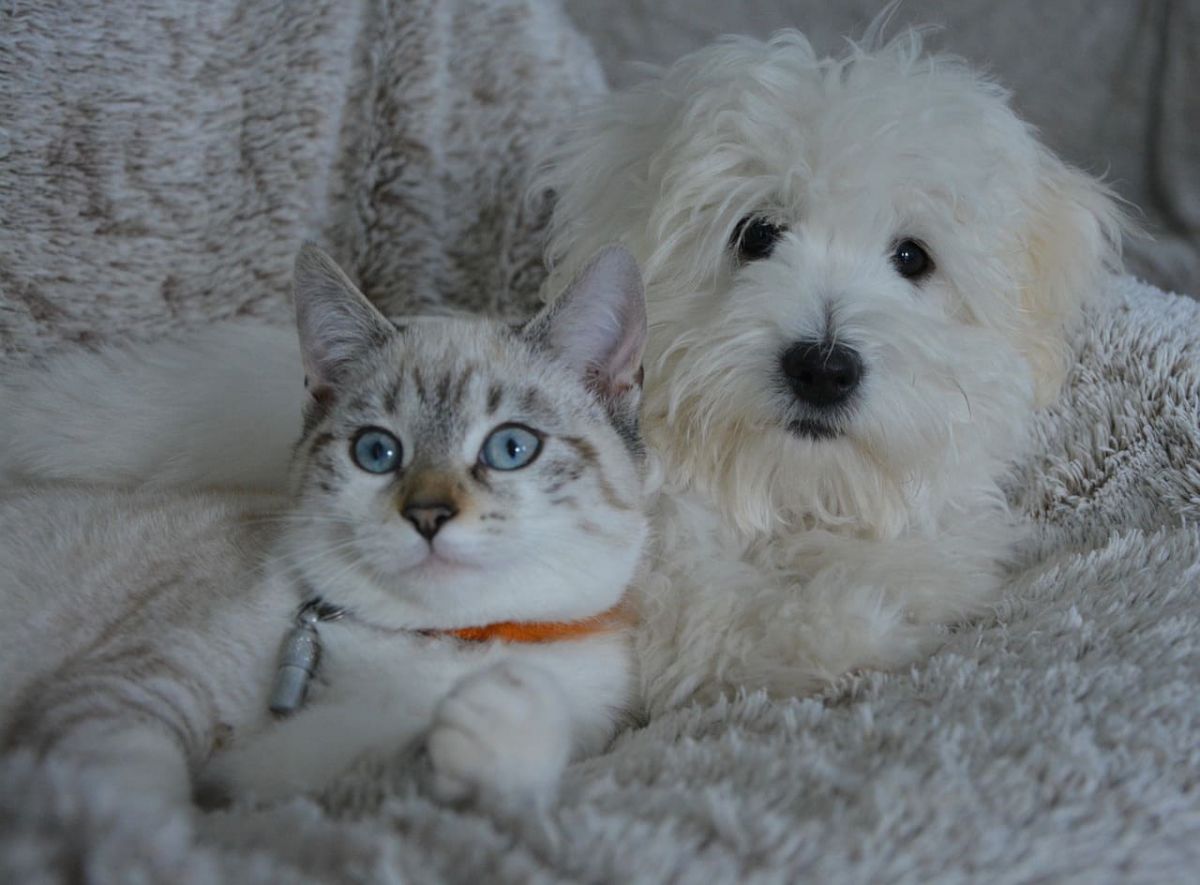
An Authoritative Glimpse into the World’s Top Ten Most Popular Categories of Pets

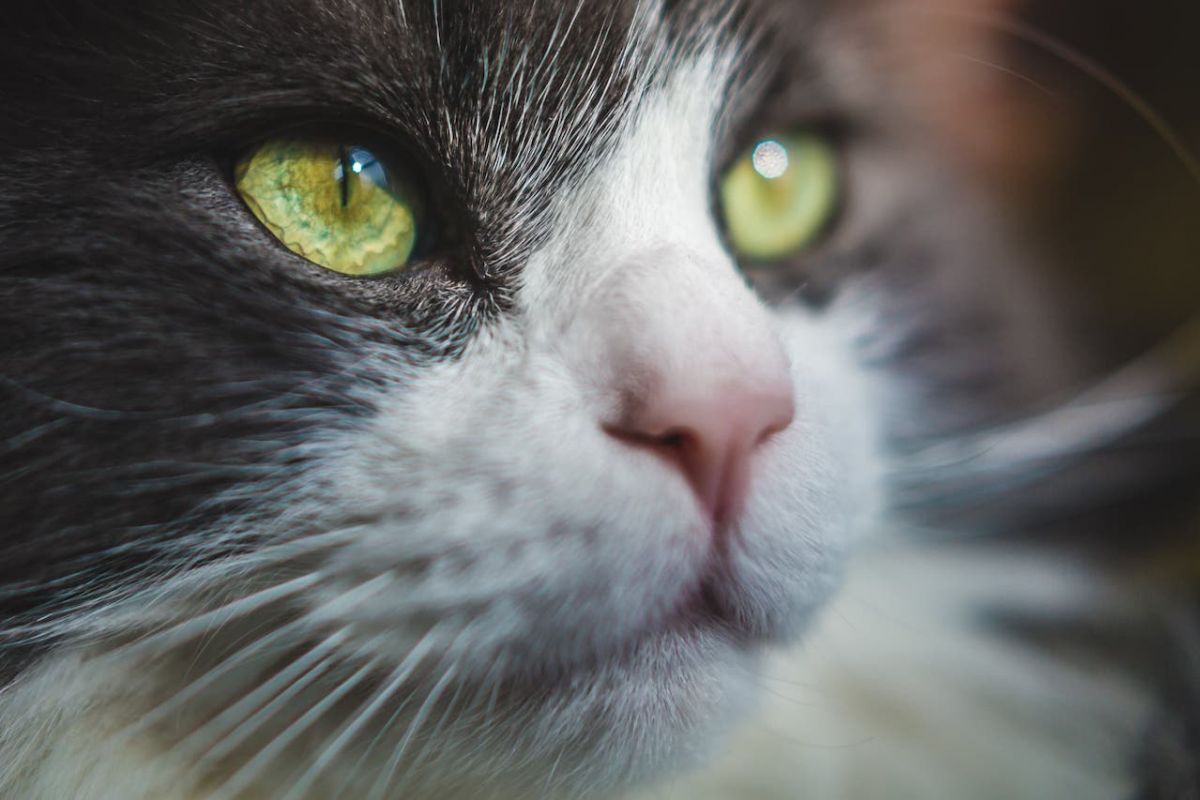
Why Do Cats Squirm Before Pouncing

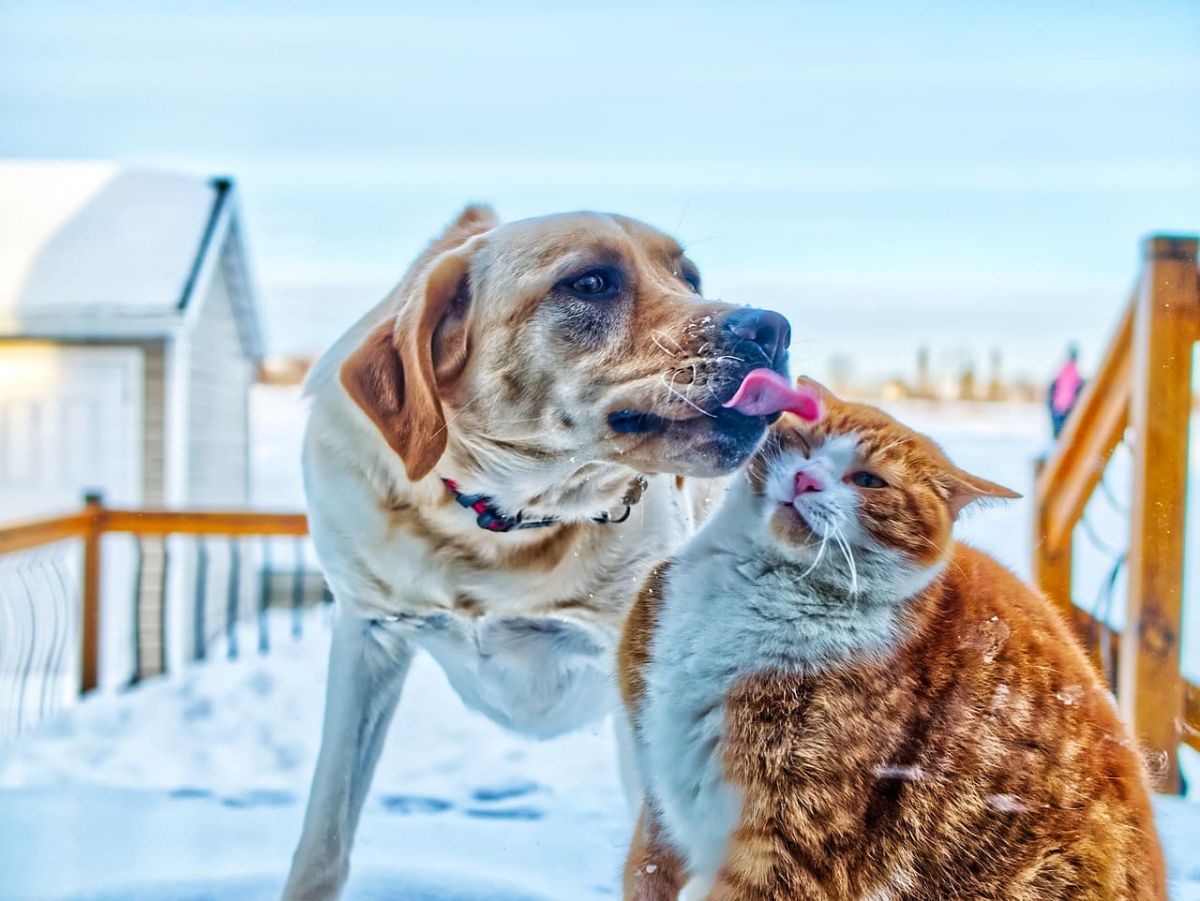
True Heartwarming Stories: The Unbreakable Bond Between Animals and Humans

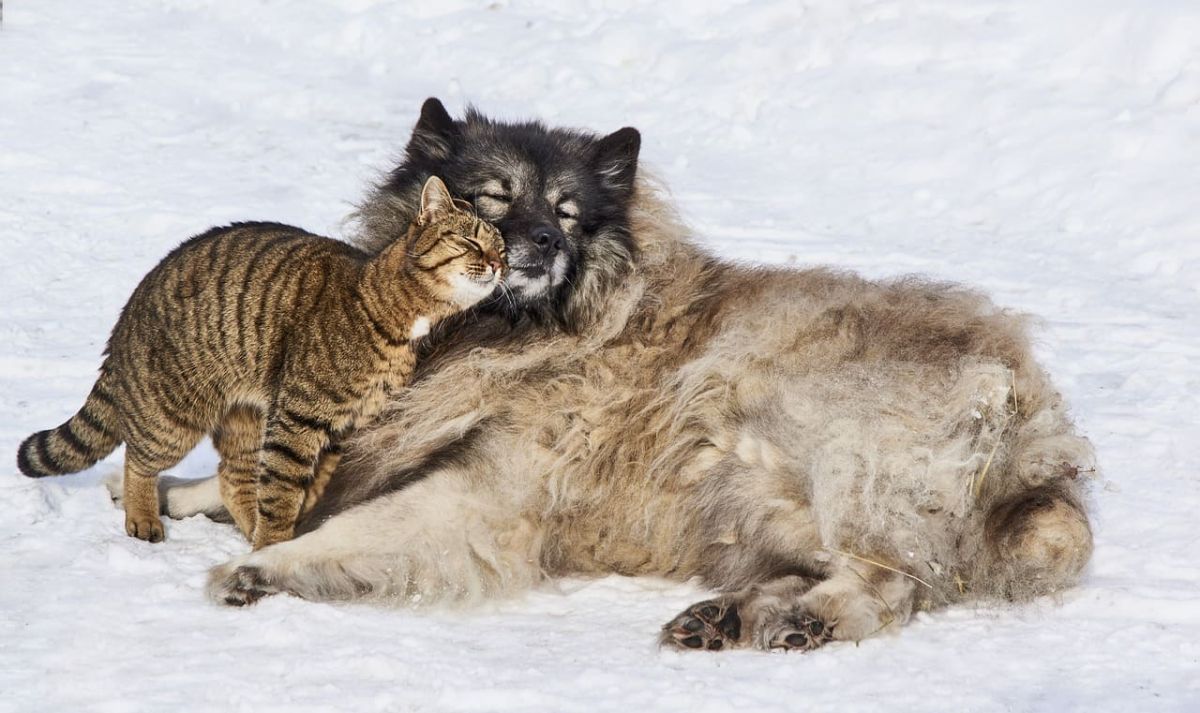
Pets’ Interesting News and Anecdotes

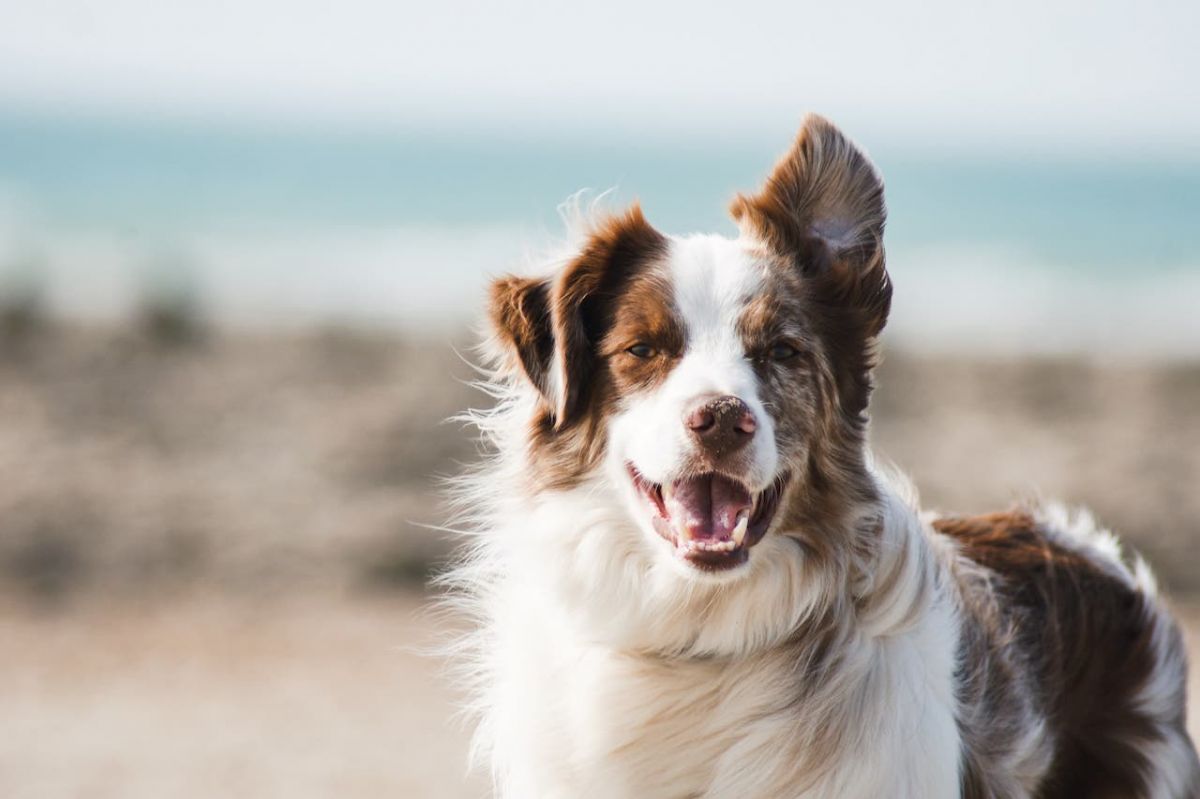
Owning a Pet May Help Maintain Mental Health When We’re Over 65

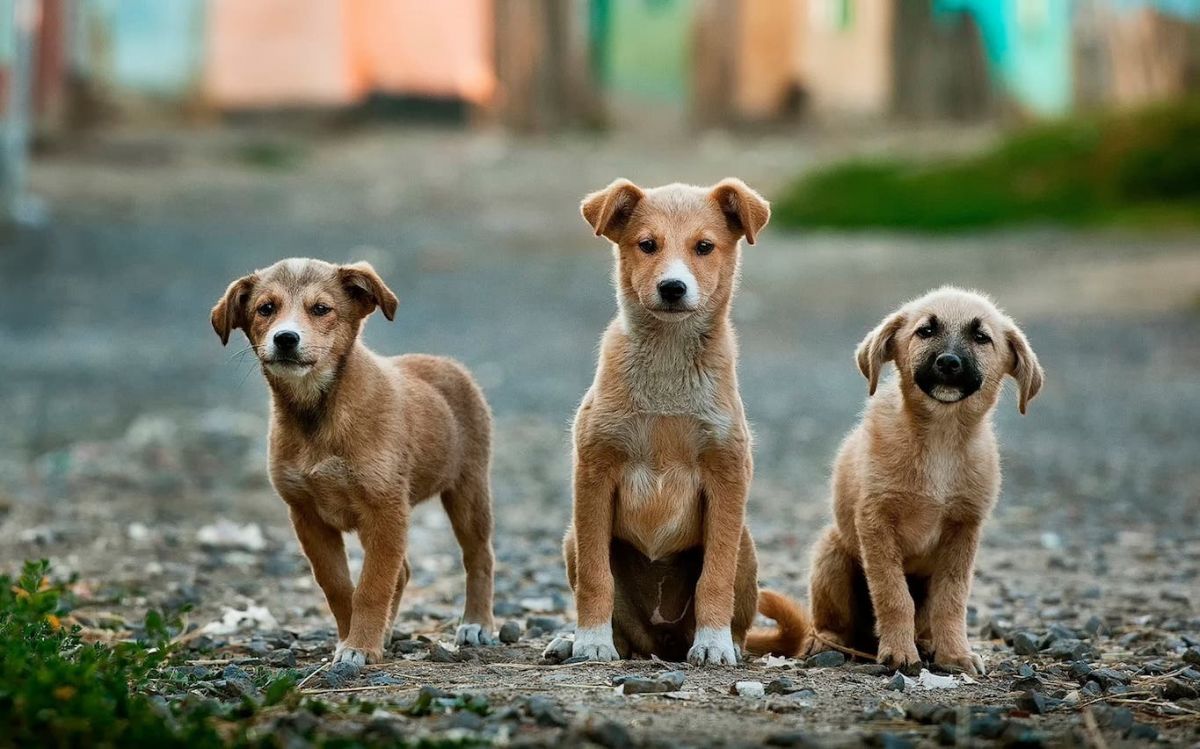
Pet IQ Test: Explore Your Pet's Intelligence and Potential


Pet Insurance: A Must for Comprehensive Pet Protection

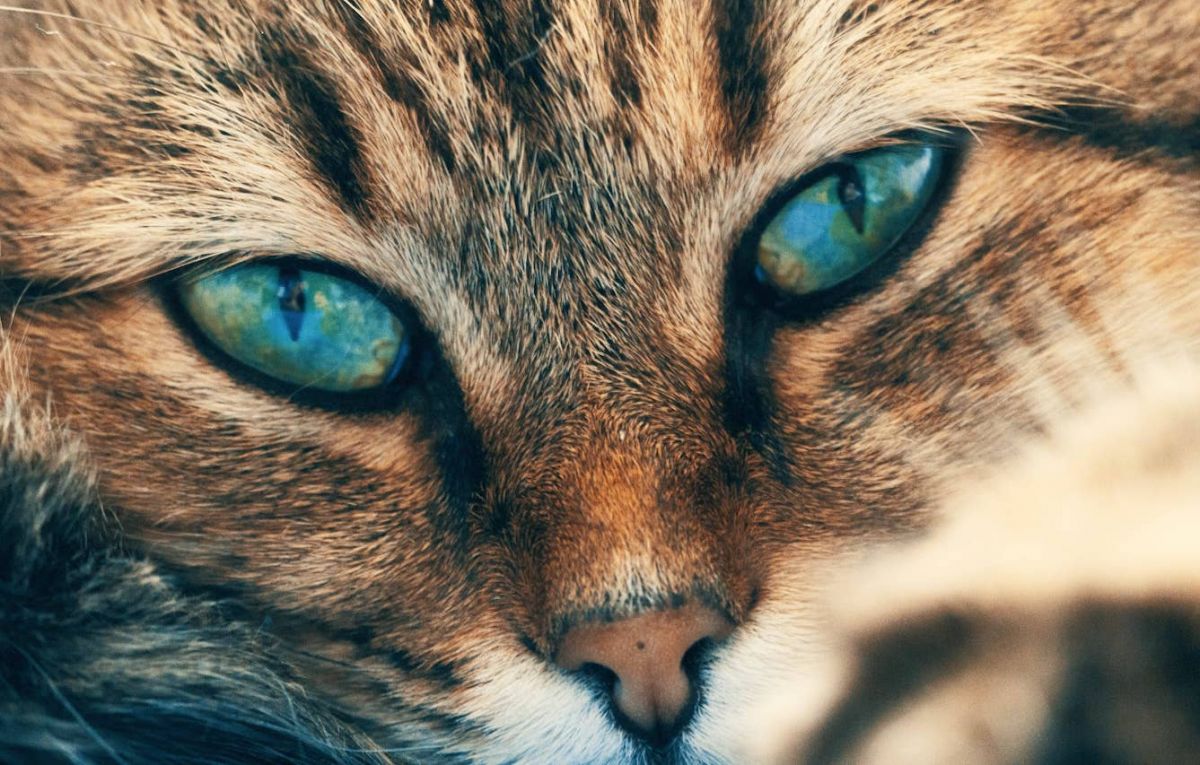
Instruction to PetSmart















